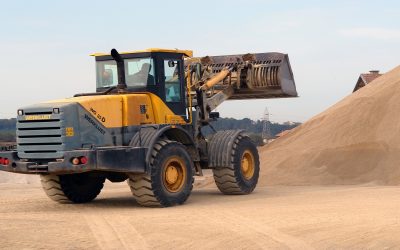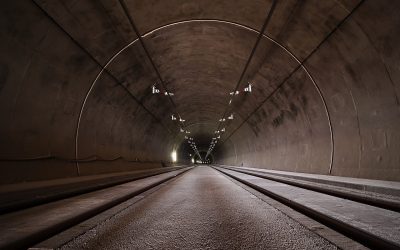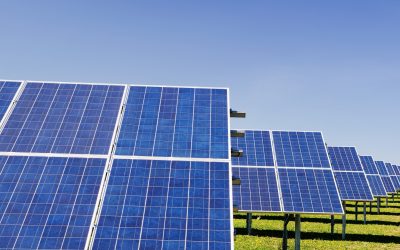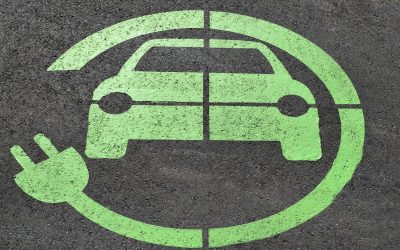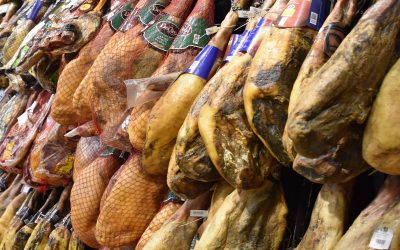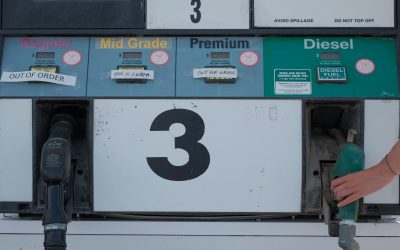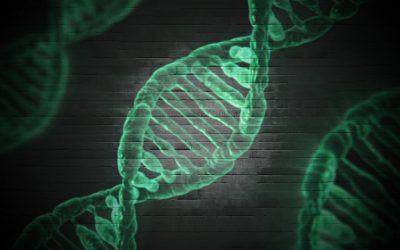CARTIF Projects
PROBIO
Integrated valorisation of waste plastics and bioplastics for the sustainable production of renewable gases and bioproducts: an advanced approach to bioeconomy and biodegradability
Description
The general objective of the PROBIO project is to work on broadening the spectrum of substrates that can be treated in fermentation processes for the production of renewable gases (biohydrogen and biomethane) and biocompounds of interest (volatile fatty acids).
It is well known how much plastic waste cannot be recycled and ends up, in many cases, in landfill or in direct thermal recovery, thus losing all or most of its potential. On the other hand, in recent years, the growing production of bioplastics has led to an increase in the amount of waste which, although biodegradable, takes time to disappear from the environments where they are applied.
Objectives
-
- To evaluate the feasibility of using plastics and bioplastics as substrates in dark fermentation processes to generate biohydrogen in the gas phase and volatile fatty acids in the liquid phase.
- Develop a pre-treatment stage (thermal + enzymatic) to favour the biodegradability of the reactor input streams.
Generate a biogas stream enriched in biohydrogen. - Develop an operating methodology to maximise the presence of certain fatty acids of interest in the digested fraction.
- Make recommendations for the use of the remaining digested fraction (after fatty acid separation) based on its biodegradability.
Expected Results
- The proposed action will provide CARTIF with a very unique research and analytical capacity.
- Reduce the amount of plastics and bioplastics that end up in landfills by using them as a co-substrate in biotechnological processes for biogas and biohydrogen generation.
- Generate a biogas stream with 50% biohydrogen in its composition and a digested fraction with a fatty acid composition of interest.
R&D Line
- Design and development of biological processes for organic waste treatment: anaerobic (co-)digestion with/without pre-treatment, microalgae, dark fermentation and bio-electrochemical processes.
Subvención de Apoyo a la inversión para la mejora de las capacidades científicas y tecnológicas de los Centros Tecnológicos de la Comunidad de Castilla y León (2023)
File: 2023 CCTT 05
![]()
![]()
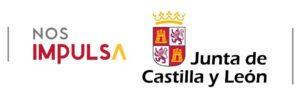
Total Budget: 119,800€
CARTIF Grant: 59,900€
Duración: 02/10/2023 – 31/05/2024
Co-financed with ERDF funds contributing to the Policy Objective “OP1: A more competitive and smarter Europe, promoting innovative and intelligent economic transformation and regional connectivity to information and communication technologies”.
Responsible
Dolores Hidalgo
Division of Agrifood and Processes
Networking
Other projects:
PREFEX
PREFEX Project “Advanced techniques for the prediction of the excavation front”, co-financed by the Spanish Ministry of Economy, develop new tools to improve the safety conditions in underground works
SITEER
Currently, inspections of road and rail tunnels are carried out manually. CARTIF and Geocisa have studied how to implement technologies that allow inspecting automatically tunnels to achieve its preventive maintenance, developing a system which is able to organize the collected data.
PAVIREX
The PAVIREX project, “New safer pavements in extreme temperature conditions”, was co-financed by the Ministry of Science and Innovation and FEDER Funds, through the INNPACTO 2011 call. The consortium of the project is formed by CARTIF, Grupo Campezo, Euroestudios , Proas (Cepsa), Eiffage, the University of Oviedo and the University of the Basque Country.
CONREPOL
The CONREPOL project will evaluate both chemical procedures based on the use of compounds that increase the surface polarity (silane coupling agents) of the waste and physical treatments with the same objective.
GEOMAF
The GEOMAF project provides railroad maintenance companies with a system that optimizes the maintenance of the railway superstructure and infrastructure.
RENERPATH
This project, which was developed between 2011 and 2013, established an energy rehabilitation methodology based on novel and non-intrusive techniques for the energy analysis applicable to public and private heritage buildings.
SHERIFF
The SHERIFF Project (Hybrid and Economic System of Flexible Integral Facade Rehabilitation) new tools for the energy rehabilitation of buildings.
INNOLIVO
INNOLIVO uses new technologies and processes for the development of innovative olivar products intended for new international markets of high added value
GREEN-CAR
The GREEN CAR ecodesign Project applies the ecodesign methodology to several components of the “electric vehicle” system: batteries, converter, charging points, conditioning systems and auxiliary systems from renewable sources
CAMPOFRÍO
The CAMPOFRÍO project studies and develops a process for reducing salt content in cured ham. Development of a salt content evaluation system in sliced cured ham with on-line NIR technology.
CIBIC
The CIBIC project arises with the objective of improving the services provided by the companies of conservation of infrastructures, based on the application of new technologies to carry out the concept of intelligent systems that will help to improve the quality and the innovation of these services.
REHABCAR
El proyecto REHABCAR (REHABilitación de CARreteras y autopistas) desarrolló nuevas herramientas para la transformación de las carreteras y autovías existentes en infraestructuras económicamente sostenibles y de alta calidad para prolongar su vida útil y adaptarlas a las nuevas necesidades del tráfico.
LIFE RESCATAME
RESCATAME represents a new system for the sustainable management of traffic through the use of models that predict pollution levels, which are supported by data collected by the network of air quality sensors, and that can help to execute a rapid action.
BIOREFINERÍA FT
The FT BIOREFINERY Project consists in developing a technology that allows obtaining 2nd generation liquid biofuels (synthetic diesel) and electrical energy, through the application of gasification and co-gasification processes, of different types of solid and / or liquid waste ( herbaceous biomass, lignocellulosic, glycerin, etc.)
BIALEMA
BIALEMA: RED for the production of Biofuels and its impact on food, energy and the environment. Conducted by Dr. Antonio Francisco Valdes Delgado (CUBAENERGIA).
DINAMO
The DINAMO project is responsible for the development and validation of nanocapsule and nanostructure production technologies of active molecules with functional properties for food use.
BIORECOS
The BIORECOS Project aims to design and build a demonstration plant of a modular nature that allows, through pyrolysis, the production of charcoal and / or active coal, as well as the generation of electrical energy.
ENHANCE HEALTH
The ENHANCE HEALTH project focuses on environmental and health concerns related to air pollution produced by industries and waste incinerators in urban areas.
